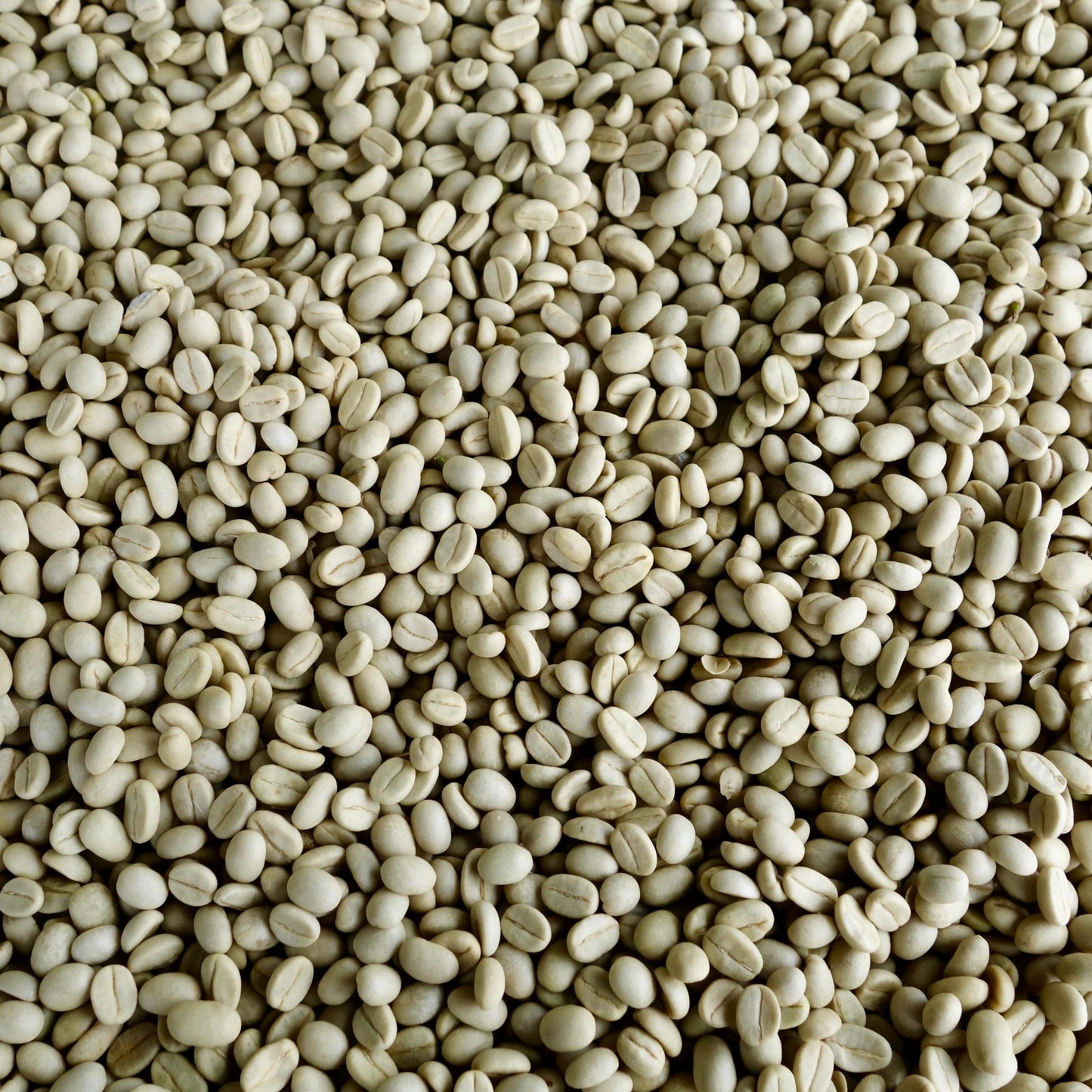
Our core strength are coffees with distinct notes of terroir and exciting cup profiles. Single farm partnership coffees offering a taste journey throughout the best coffee regions and some of the most skilful coffee producer on this planet.





Blackcurrant. Grape.
| Origin: |
Nyamasheke District, Rwanda
|
| Roast: | Filter |
| Producer: | Gatare Producers |
| Altitude: | 1700 - 1900 Meters |
| Varietal: | Red Bourbon |
| Process: | Washed |
Grown in the village of Gatare, we are excited to share this beautiful coffee for the first time. The Nyamasheke District is home to some of our favourite Rwandan producers and Gatare was processed at the Mahembe washing station, owned by our partner Justin Musabyimana. At an altitude of 1700 to 1900m, the Red Bourbon cherries slowly, develop their fresh complexity. Expect delicious layers of fruit and elegant texture.
We are Roaster of the Year 2025 — by Crema Magazine
Free shipping for orders over 44 €
Delivery 1 to 3 days in 🇩🇪
Out of stock
Producer:
Origin:
Altitude:
Body:
Sweetness:
Acidity:
Varietal:
Process:





A fresh, clean profile is perfectly suited to filter brewing. Expect notes of blackcurrant, grape, citrus, and black tea. Sweetness and acidity are well balanced, with lingering notes of black tea and caramel as it cools.
Within the Gatare community, smallholder farmers deliver their cherries to the Mahembe washing station for processing. The farms are predominantly small, family-run operations. Families manage plant care and cherry picking, often cultivating additional crops for personal consumption.
The season in Rwanda can run from March to August, but for the most part, cherries for Gatare are picked between May and July.
In Rwanda, the prevailing cool climate throughout the season plays a pivotal role in controlling the fermentation process. First, the skin, pulp, and approximately 70% of the mucilage are removed. The coffee is then dry fermented for 10-12 hours. After this, the parchment is graded and washed in channels, followed by a separation into two grades based on density. It is then soaked in clean water tanks for 16 hours. The beans are laid out on African drying beds for a span of up to 21 days. Throughout this period, they are covered by shade nets during the hottest hours, at night, and whenever it rains.

Join our newsletter today and enjoy early access to limited coffee drops and other perks.
Having trouble entering your email? Click here.